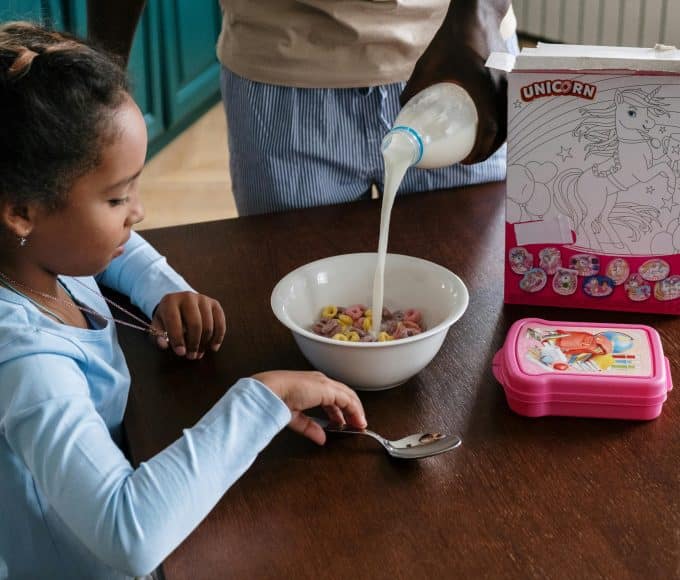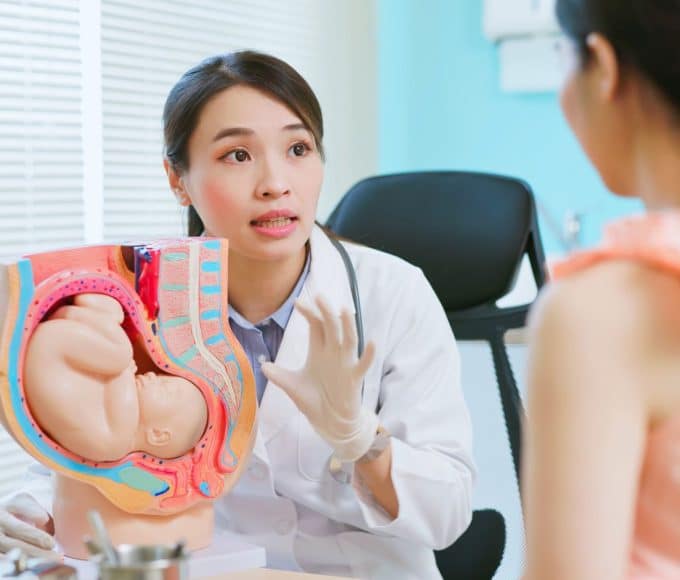It’s easy to think childhood is all about fun, games, and ice cream cones, but the truth is, kids can face mental health challenges, just like adults.
While parents might expect the occasional tantrum or mood swings, some behaviors can be signs of deeper emotional or psychological struggles.
Recognizing mental health issues in children early on is crucial to helping them grow up happy and healthy.
Why Mental Health Matters for Kids
Mental health issues in children can affect everything from their ability to make friends to their school performance and even their physical health. According to the CDC, 1 in 6 children aged 2-8 years has been diagnosed with a mental, behavioral, or developmental disorder.
Kids experience a wide range of emotions, and they sometimes feel overwhelmed too. The good news? With early intervention, many of these issues can be managed, helping children thrive.
Recognizing the Early Signs
As parents or caregivers, how do you tell if something more serious is going on with your child? While every child is different, there are common signs that might indicate mental health issues in children. Watch for:
- Persistent sadness or withdrawal: If your child seems sad for weeks or starts avoiding friends and family, this could be a red flag. Occasional bad days are normal, but consistent mood changes aren’t.
- Sudden behavior changes: Has your typically cheerful child become unusually irritable or angry? Dramatic shifts in personality or frequent mood swings could signal an issue.
- Changes in sleep or eating habits: A child with mental health struggles may either sleep too much or too little. Similarly, changes in appetite, such as eating too much or too little, are worth noting.
- Difficulty concentrating or dropping grades: If your child’s performance in school suddenly declines, it could be more than just “daydreaming” or a lack of effort.
- Physical symptoms without a medical cause: Unexplained headaches, stomachaches, or fatigue can sometimes be physical signs of mental health issues in children.
Common Childhood Mental Health Disorders
Some mental health issues are more common in children than others. Here are a few key ones:
- Anxiety disorders: It’s normal for kids to worry about school or making friends, but kids with anxiety disorders experience intense fear or nervousness that impacts their daily life. Common types include generalized anxiety disorder (GAD), social anxiety, and separation anxiety.
- Attention-Deficit/Hyperactivity Disorder (ADHD): Children with ADHD may struggle with focusing, controlling impulses, or sitting still. ADHD often becomes noticeable when kids start school and their symptoms interfere with learning.
- Depression: Yes, children can suffer from depression too. Signs include prolonged sadness, a lack of interest in activities, and noticeable changes in energy levels.
When to Seek Help
If you notice signs of mental health issues in children and these symptoms affect your child’s daily life, seeking professional help is a smart step. Start by talking to your child’s pediatrician, who can rule out physical causes and guide you to the right mental health professional.
Therapy, counseling, or a combination of therapy and medication can often make a big difference. Cognitive Behavioral Therapy (CBT), for instance, is a well-researched and effective treatment for anxiety and depression in children.
Be Proactive
As a parent, being proactive about your child’s mental health is essential. Encourage open conversations about feelings, and stay alert for unusual changes in behavior.
With early detection and the right support, children facing mental health challenges can still lead happy, fulfilling lives.
For more resources on supporting your child’s mental health, consider visiting organizations like the National Institute of Mental Health (NIMH) or Mental Health America.
Recommended – Different Ways You Can Get Your Kids More Active















